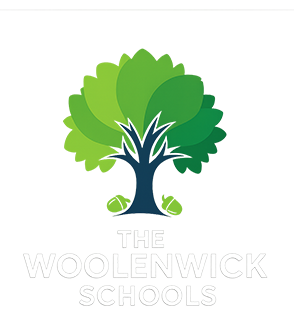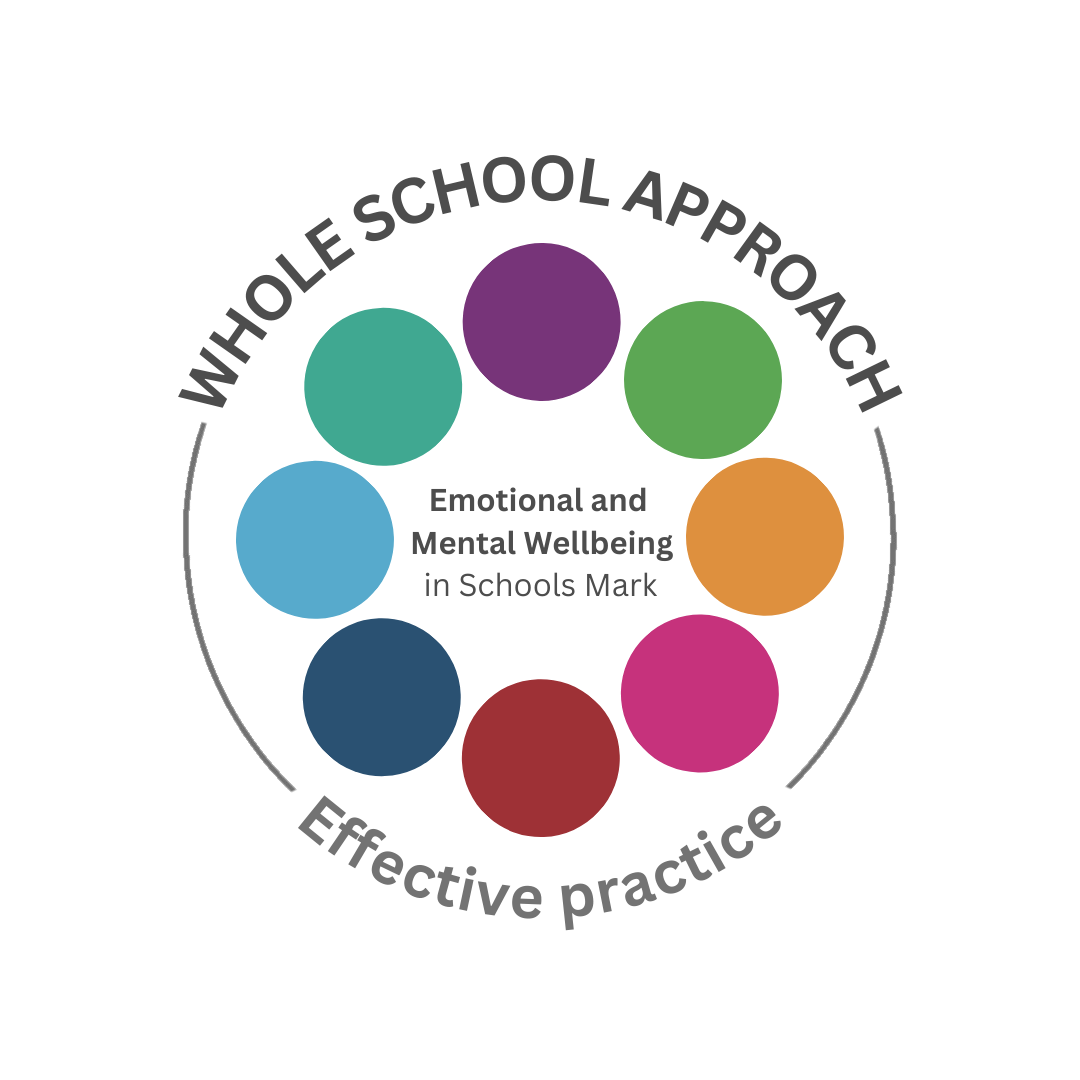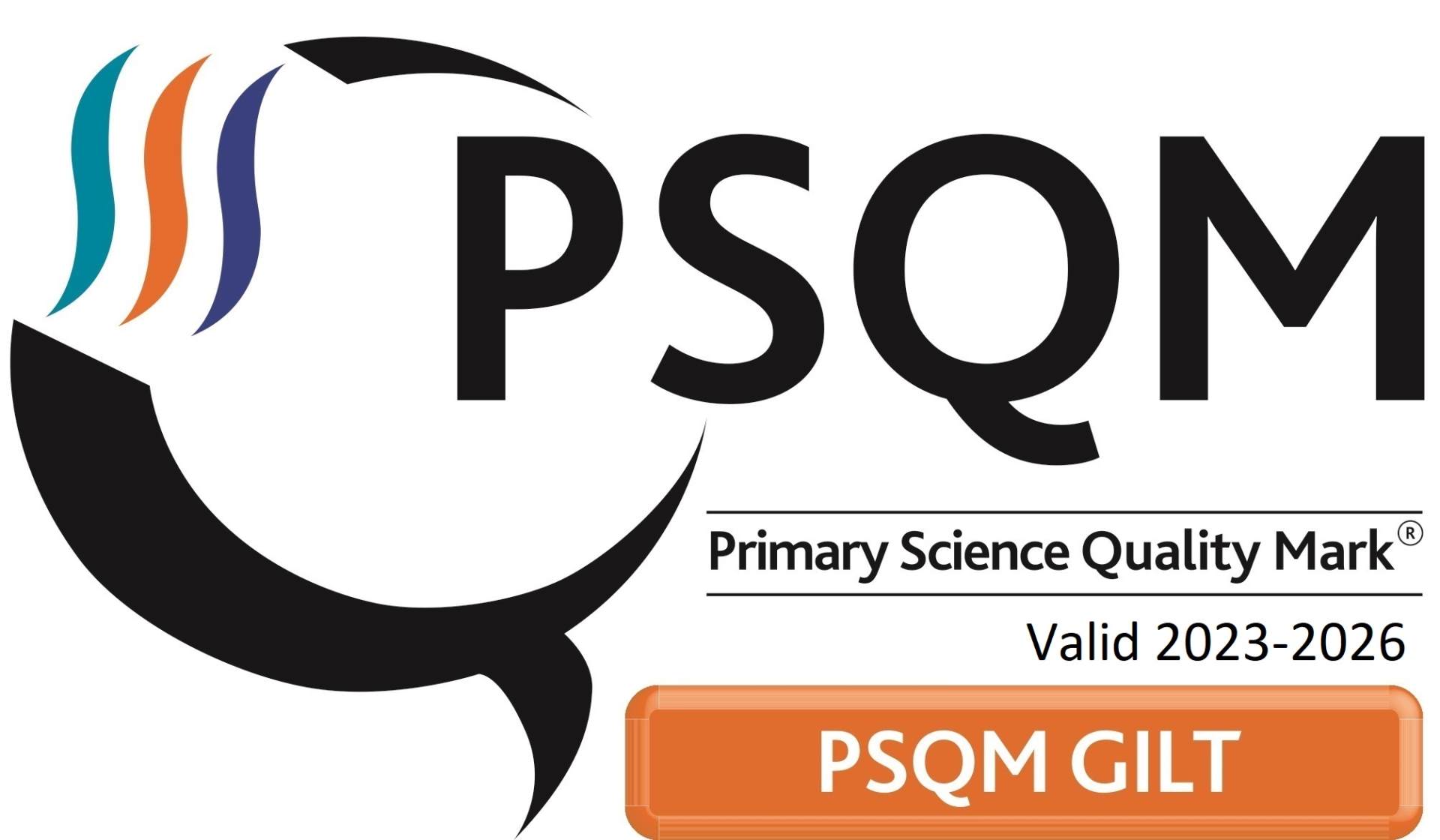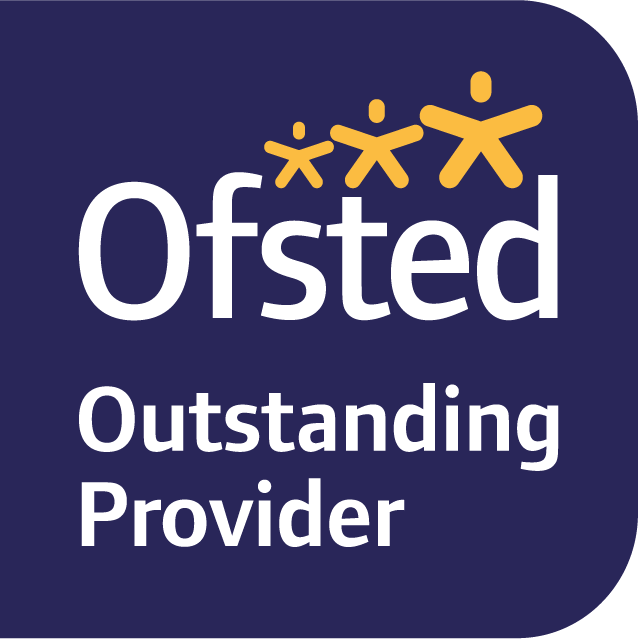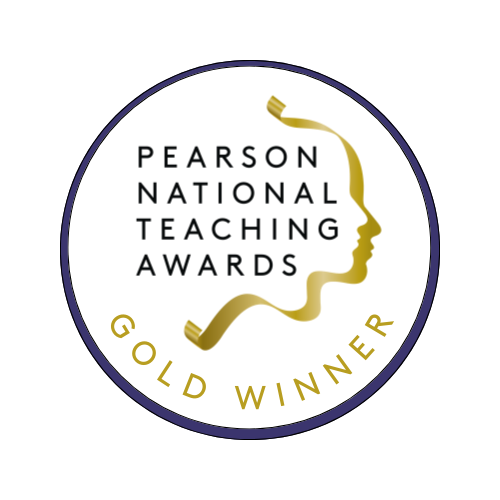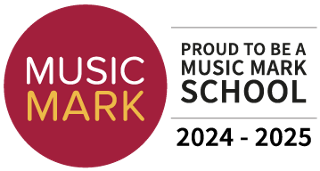Rainbow Flag Award
 At Woolenwick Junior School, we are delighted to share our journey towards the Rainbow Flag Award with you. This prestigious accolade acknowledges our unwavering commitment to fostering an inclusive environment for all, especially within the vibrant and diverse LGBT+ community.
At Woolenwick Junior School, we are delighted to share our journey towards the Rainbow Flag Award with you. This prestigious accolade acknowledges our unwavering commitment to fostering an inclusive environment for all, especially within the vibrant and diverse LGBT+ community.
This webpage is your gateway to all things LGBT+ at Woolenwick Junior. Here, we aim to keep you informed with school updates, highlight important awareness days, showcase our progress in achieving the Rainbow Flag Award, and provide essential support for LGBT+ individuals and allies alike.
We invite you to explore, engage, and learn as we embrace diversity and work together to create a more inclusive future for everyone. Thank you for joining us on this inspiring journey.
The Rainbow Flag Award
At Woolenwick Junior, we are proud to have achieved the Rainbow Flag Award, a symbol of our commitment to fostering an inclusive, safe, and supportive environment for all students. The Rainbow Flag Award recognises our efforts in understanding and respecting equality across all levels of our school community.
Here’s how we are actively working to meet this award's high standards.
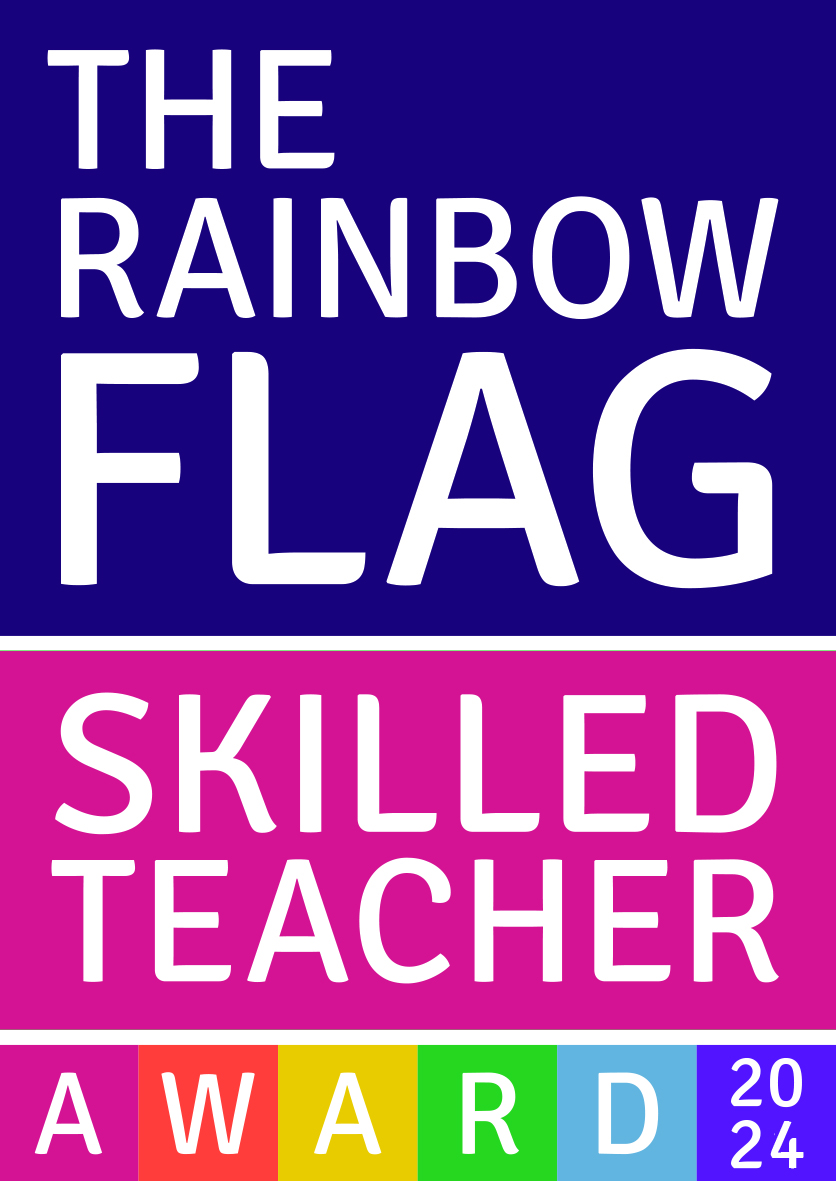 Skilled Teacher
Skilled Teacher
Our teachers, senior leaders, and non-teaching staff are thoroughly trained to recognise, challenge, and report any form of LGBTphobia within our school. Staff members use positive and inclusive language around LGBT+ identities to promote a welcoming atmosphere for all students.
Indicators of Progress:
- Several staff members, including members of the Senior Leadership Team, have completed comprehensive Rainbow Flag Award training.
- This training is shared across all staff, ensuring everyone has the skills to confidently support and uphold LGBT+ inclusion.
- Staff can effectively recognise and address instances of LGBTphobia and are supported by clear protocols for reporting incidents.
Supportive Governors and Parents
We believe in the power of a supportive community. Our governors and parents play an active role in fostering an LGBT+ inclusive environment, reinforcing the importance of respect and acceptance at home and in school.
Indicators of Progress:
- Governors are committed to creating a positive learning space and actively advocate against LGBTphobia.
- Information and resources on LGBT+ inclusion are shared with parents to encourage open discussions at home.
- Governors and parents have access to local and national LGBT+ support resources for families and young people.
Effective Policies 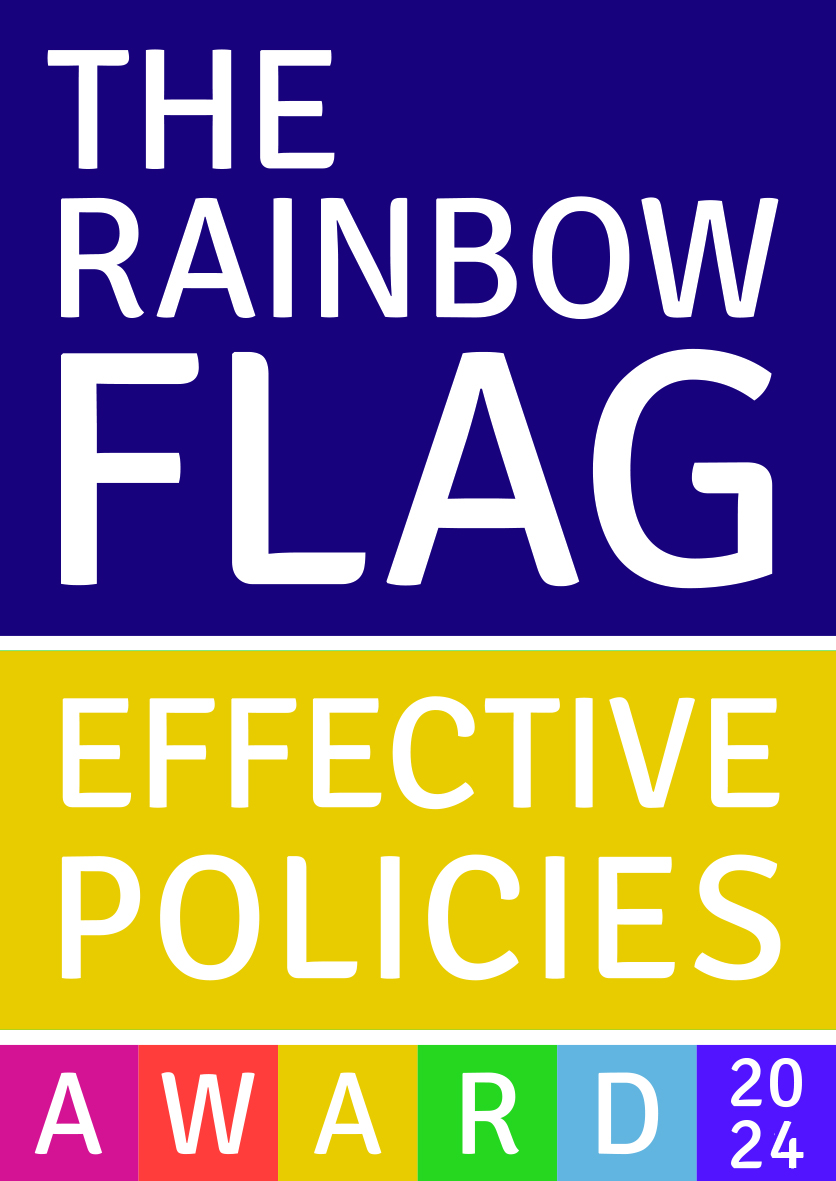
Our policies reflect a clear commitment to LGBT+ inclusion and are designed to prevent discrimination and support a positive school culture.
Indicators of Progress:
- Published policies are inclusive and in line with legal obligations, setting a strong stance against LGBTphobia.
- These policies are actively shared with and understood by our staff, ensuring consistent and comprehensive implementation across the school.
Inclusive Curriculum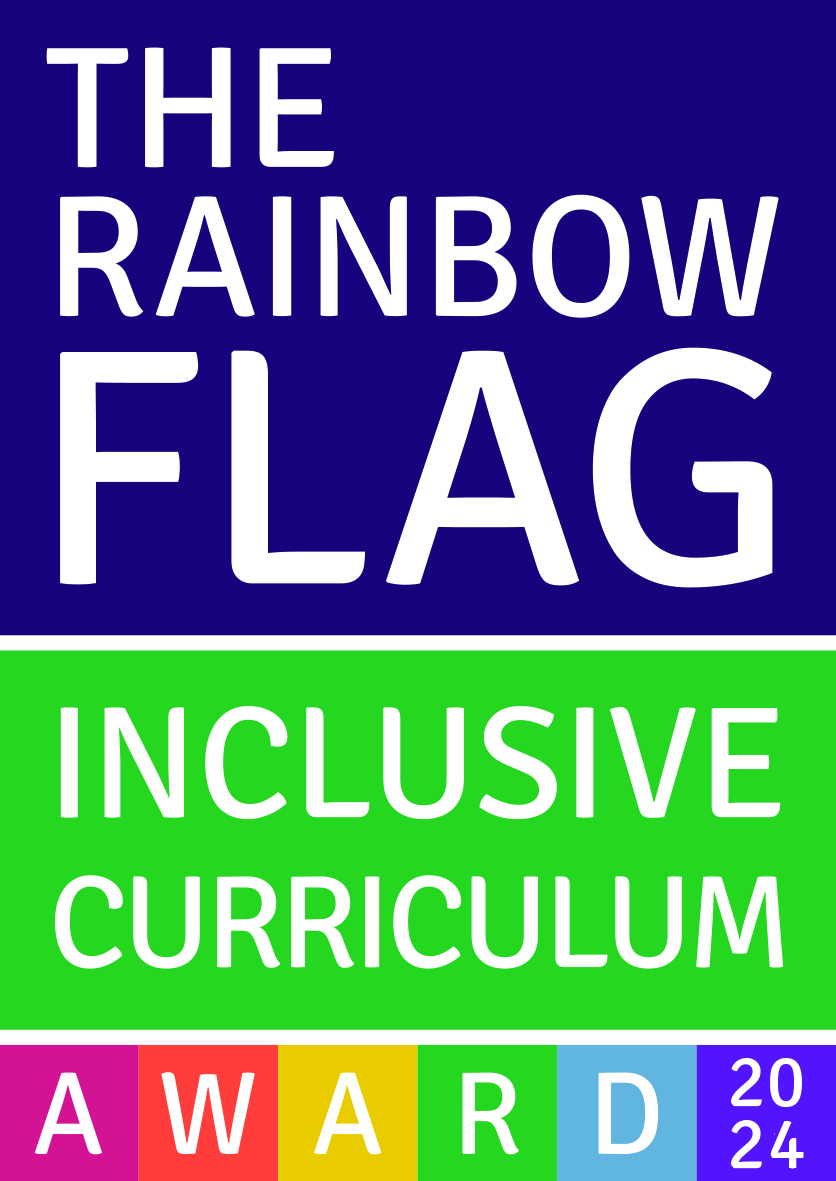
Our curriculum positively represents LGBT+ people and identities, weaving inclusivity through all subject areas. Through positive education, students learn the importance of diversity, fostering understanding and acceptance.
Indicators of Progress:
- Lessons across various subjects represent LGBT+ individuals and highlight appropriate language related to sexual orientation and gender identity.
- PSHE and Relationship Education empower students to recognise, report, and challenge any LGBTphobia.
- Students know where to access additional information and support if needed.
Pastoral Support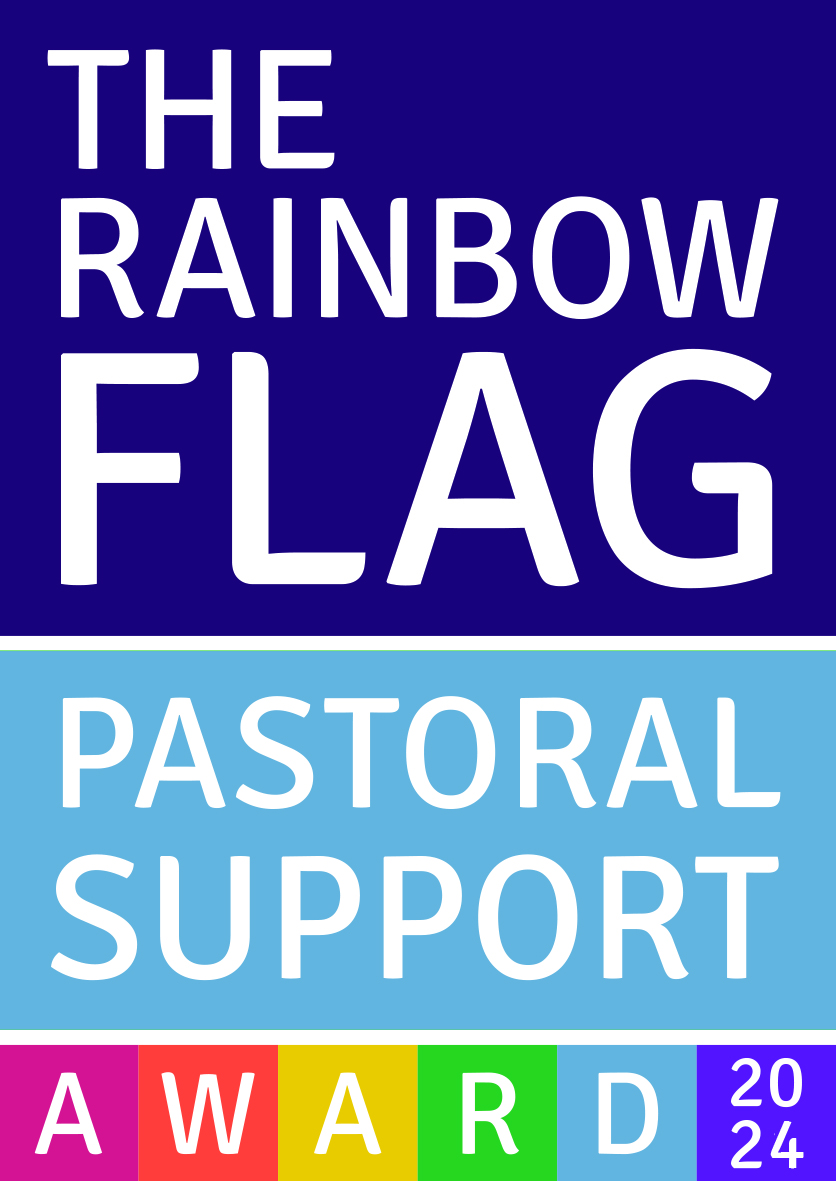
Our pastoral team is equipped to support students exploring/ questioning their gender or sexual orientation, ensuring they feel valued and heard.
Indicators of Progress:
- Staff are comfortable providing one-on-one support to students discussing sexuality or gender identity.
- Support extends to students with LGBT+ family members or friends, fostering a community of acceptance.
- Staff visibly identify as LGBT+ allies and are accessible for students needing guidance or support.
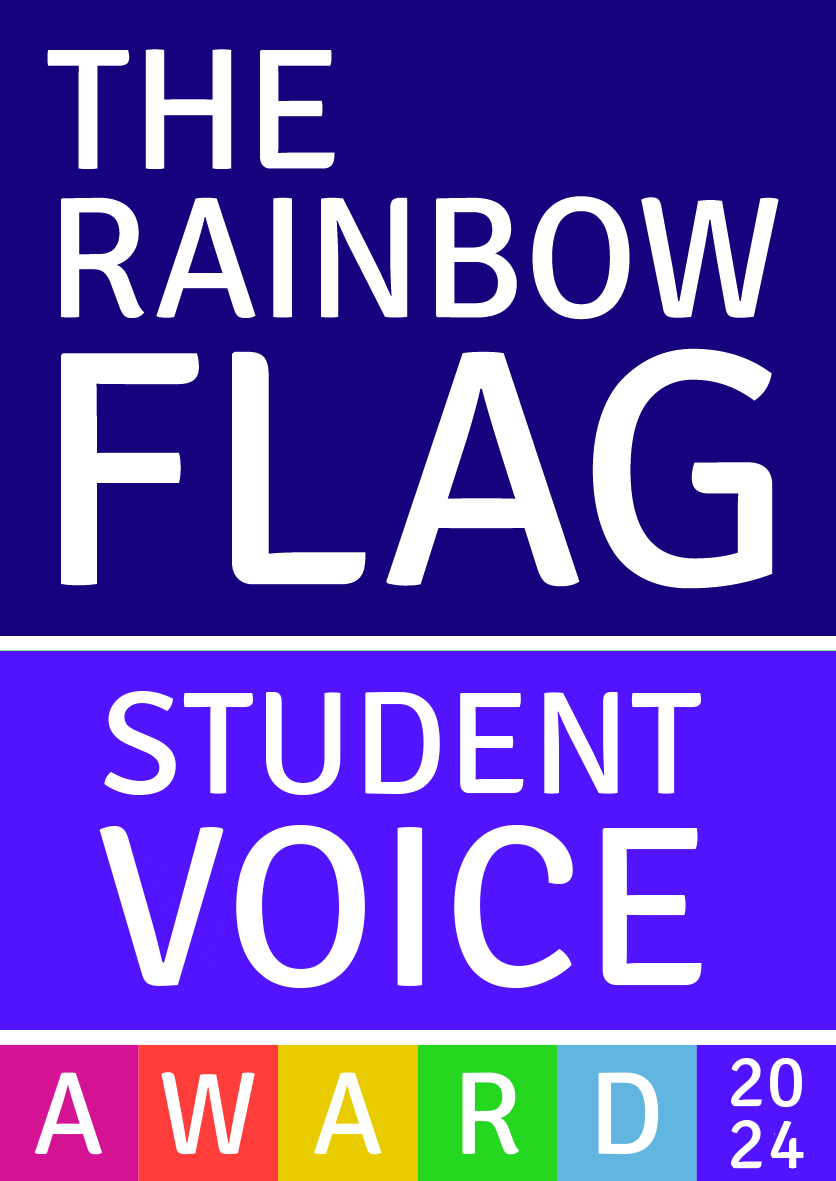 Student Voice
Student Voice
We recognise the importance of student-led initiatives in shaping a supportive environment. Through active student voices, we promote events and activities that celebrate LGBT+ identities.
Indicators of Progress:
- Students advocate for LGBT+ inclusivity and help shape school policies and practices.
- Students may organise and/or participate in activities celebrating LGBT+ awareness, including Pride and LGBT+ History Month.
By working together to maintain these standards, we continue to build a school where every student feels safe, respected, and empowered to be themselves. The Rainbow Flag Award reflects our ongoing dedication to creating a positive and inclusive space for all.
LGBT+ Support
LGBT+ SUPPORT
Engaging in conversations about gender identity and sexuality can sometimes be complex or challenging. To facilitate these discussions and address any inquiries you might have, we've compiled a network of supportive helplines and websites. They are readily available to offer the guidance and assistance you may seek.
Switchboard
@switchboardlgbt | www.switchboard.lgbt | 0300 330 0630
Switchboard is an information, support and referral service for LGBT+ people and anyone considering issues around their sexuality and/or gender identity.
Childline
@childline_official | www.childline.org.uk | 0800 1111
Childline is a free, private and confidential service where you can talk about anything. They're here for you online, on the phone, anytime.
AKT
@aktcharity | www.akt.org.uk | gethelp@akt.org.uk
AKT supports LGBT+ young people experiencing homelessness or living in hostile environments to find safe homes, employment, education or training.
Just Like Us
@justlikeusuk | www.justlikeus.org
Just Like Us is the LGBT+ young people's charity. They run School Diversity Week and a youth volunteering programme for LGBT+ 18 to 25 year olds.
Gendered Intelligence
@genderedintelligence | www.genderedintelligence.co.uk
Gendered Intelligence runs a number of youth groups that welcome trans, non-binary, gender variant and questioning young people.
Stonewall
@stonewalluk | www.stonewall.org.uk
Stonewall is one of the UK’s best known LGBT+ organisations. Their 'What’s in My Area?' page shows you local LGBT+ services.
Young Pride in Herts
@youngprideinherts | www.youngprideinherts.org
The Young Pride in Herts website is for young people in the LGBT+ community who live in Hertfordshire.
Traveller Pride
Traveller Pride unites LGBT+ Travellers to offer support, information, and services, while also fostering inclusivity through collaborations with other organisations.
@TravellerLGBT | www.lgbttravellerpride.com | 0800 233 5066
LGBT+ Faith Groups
Muslim groups:
Hidayah – www.hidayahlgbt.com | hello@hidayahlgbt.co.uk
Imaan – www.imaanlondon.wordpress.com | imaanlgbtq@gmail.com
Muslim Youth Helpline – @muslimyouthhelpline | www.myh.org.uk | 0808 808 2008
Jewish group
Keshet UK - @keshetuk | www.keshetuk.org
Christian group:
One Body One Faith - www.onebodyonefaith.org.uk | 01636 673072
Catholic group:
Quest – www.questlgbti.uk | 0300 123 1989
Sikh group:
Sarbat LGBT Sikhs - @sarbatlgbtsikh | www.sarbat.net
LGBT+ Terminology
List of key LGBT+ Terminology
At Woolenwick Junior School we embed LGBT+ inclusion within our education and use age-appropriate vocabulary and explanation when needed. All teachers will cascade their learning to tailor-fit their students. This document is a reference guide only for external adults, who are part of the Woolenwick community, to aid their understanding and give meaning to terminology relating to the LGBT+ community.
|
Key Term |
Definition |
|
Ally |
Usually, this means a straight and/or non-transgender person who supports LGBT+ people. LGBT+ people can also be allies within the LGBT+ community to those who are different to them (e.g. a gay non-transgender person could be an ally to someone who is transgender). |
|
Anti-LGBT+ language |
Anti-LGBT+ language is harmful, especially for LGBT+ people. It can include slurs and phrases that compare being LGBT+ to something negative, like 'that's so gay' or 'you're so gay’. |
|
Aromantic |
Someone who does not have any, or strong, romantic feelings about others. |
|
Asexual |
Asexual describes someone who doesn’t feel any or much sexual attraction to others. They might still feel romantic attraction and use words like gay, bisexual, lesbian or straight to describe themselves. |
|
Bisexual / Bi |
When someone is attracted to more than one gender. |
|
Biphobia |
When someone dislikes another person or treats them badly because they are bisexual. People can be treated badly for being seen as bisexual, whether they are or not. |
|
Cisgender / Cis |
Someone who is not transgender. |
|
Coming out |
When a person tells someone that they are LGBT+. |
|
Gay |
This word is usually used to describe a man who is attracted to men. It can also be a general term for gay and lesbian people. |
|
Gender dysphoria |
A word to describe when a person feels uncomfortable because the sex they are given at birth and their gender identity doesn’t match. |
|
Gender expression |
Gender expression is how a person shows their gender identity to others. This might be through what they wear, how they act, their appearance, as well as many other ways. |
|
Gender identity |
How a person sees their own gender. Gender identity relates to how you feel inside. It’s different from biological sex, or how you look or act. |
|
Gender-non-conforming |
When a person doesn’t conform to gender norms, such as a butch lesbian. Being gender-non-conforming does not necessarily mean a person is transgender. |
|
Heterosexual (straight) |
A man who is attracted to women, or a woman who is attracted to men. |
|
Homophobia |
When someone dislikes lesbian, gay or bisexual people or treats them badly. People who are, or who are thought to be, lesbian, gay or bisexual may experience homophobia. |
|
Homosexual/Gay |
A word used to describe someone who is attracted towards someone of the same gender. The term ‘gay’ is now more generally used. |
|
Intersex |
A word used to describe a person whose biology (for example, their hormones) does not fit with assumptions about what is male or female. Intersex people may identify as male, female or non-binary. |
|
Lesbian |
A woman who is attracted to women. Some non-binary people also use this term. |
|
Lesbophobia |
When someone dislikes lesbians or treats them badly. People who are, or who are thought to be lesbian may experience lesbophobia. |
|
Non-binary |
Someone whose gender identity doesn’t match exactly with ‘man’ or ‘woman’. Some non-binary people identify with parts of being a man or woman, while others don’t at all. |
|
Out |
When someone else knows that a person is LGBT+. |
|
Pansexual |
A person whose attraction isn’t limited by gender: for example, they might be attracted to a man, a woman, or someone who doesn’t identify as either. |
|
Pronouns |
A pronoun is a word that refers to either the people talking (such as ‘I’ or ‘you’) or someone or something that is being talked about (such as she, it, them or this). Gender pronouns (such as she/her, he/him and they/them), specifically refer to the gender of the person you are referring to. |
|
Questioning |
When someone thinks about their own sexual orientation and/or gender identity, and considers that they might be LGBT+. |
|
Sex |
Given to a person depending on their sex characteristics (genitalia and reproductive functions). Sometimes people are born with differences in sex characteristics that means they don’t fit the typical definitions for male or female. This is called intersex. |
|
Sexual orientation |
How a person describes who they’re attracted to. For example, a person’s sexual orientation could be bisexual, lesbian, straight or gay. |
|
Stereotype |
A fixed, oversimplified idea about a particular type of person or thing. Stereotypes are often harmful to the people or things they refer to. |
|
Transgender |
Someone whose gender is not the same as, or does not match, the sex they were given at birth. |
|
Transition |
The steps a transgender person may take to live in the gender they identify as. Each person’s transition will be different. Transitioning might involve things like telling friends and family, dressing in the clothes they feel comfortable in and changing official documents like passports. For some adults, this involves medical treatment but not all transgender people want or are able to have this. |
|
Transphobia |
When someone doesn’t like another person because they are transgender. This can include denying who they are or refusing to accept it. People can be transphobic to people who are, or who are thought to be, transgender. |
LGBT+ Inclusive Books
lgbt incluisve books website.pdf

 Bridge Road, West Stevenage, Herts, SG1 2NU
Bridge Road, West Stevenage, Herts, SG1 2NU 01438 216565
01438 216565
